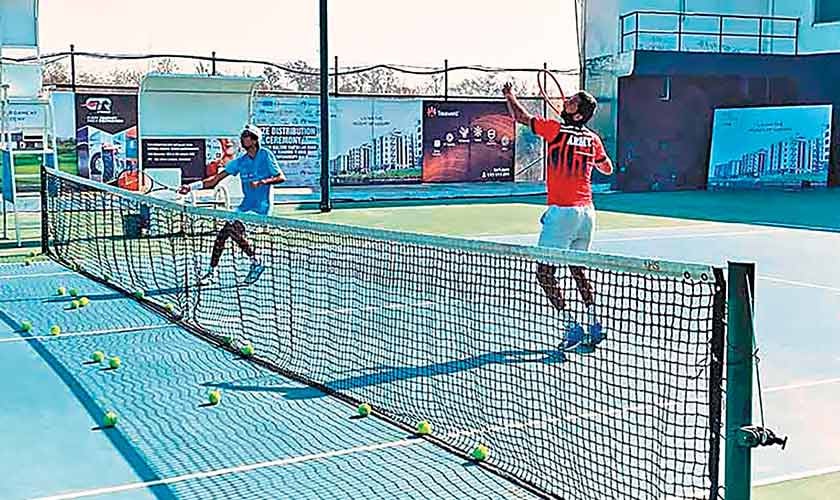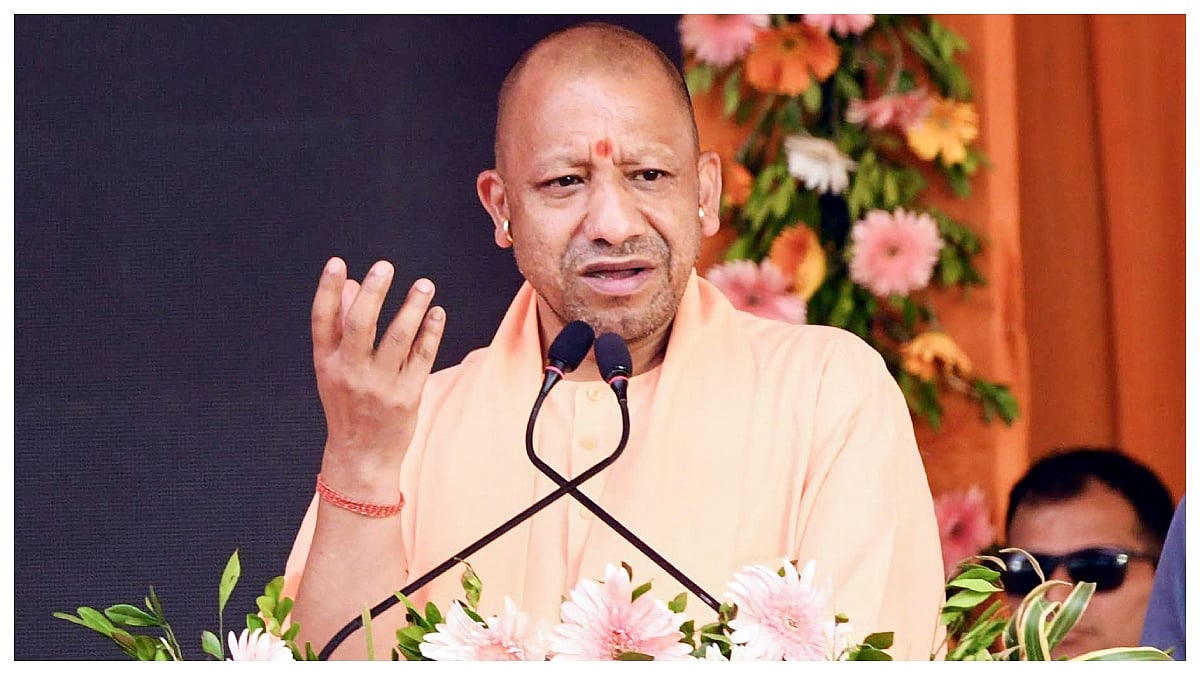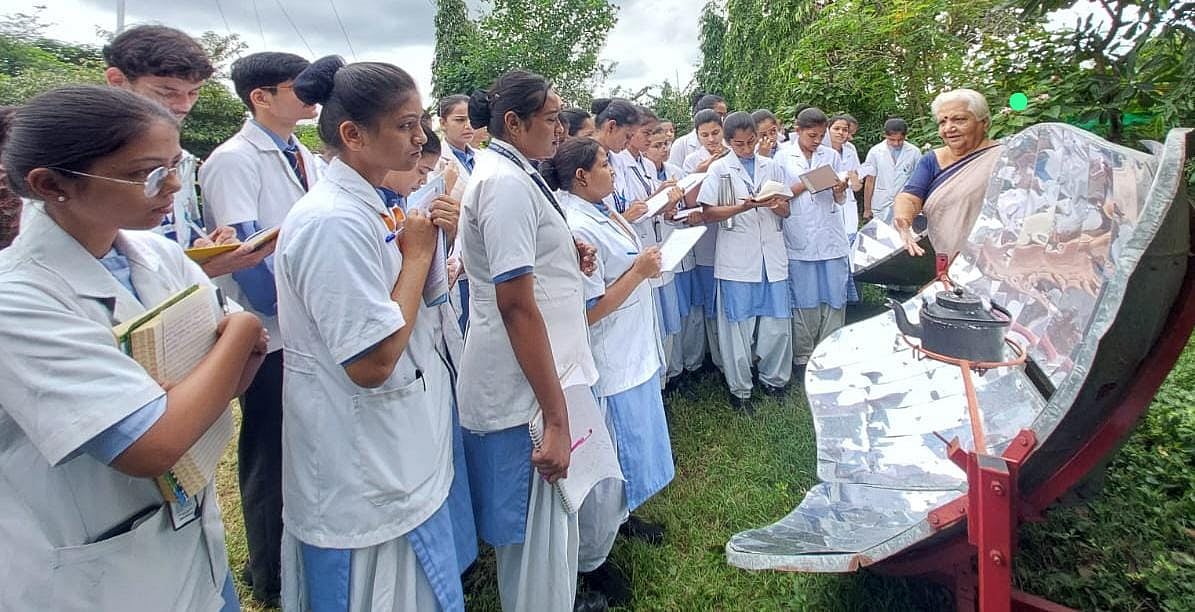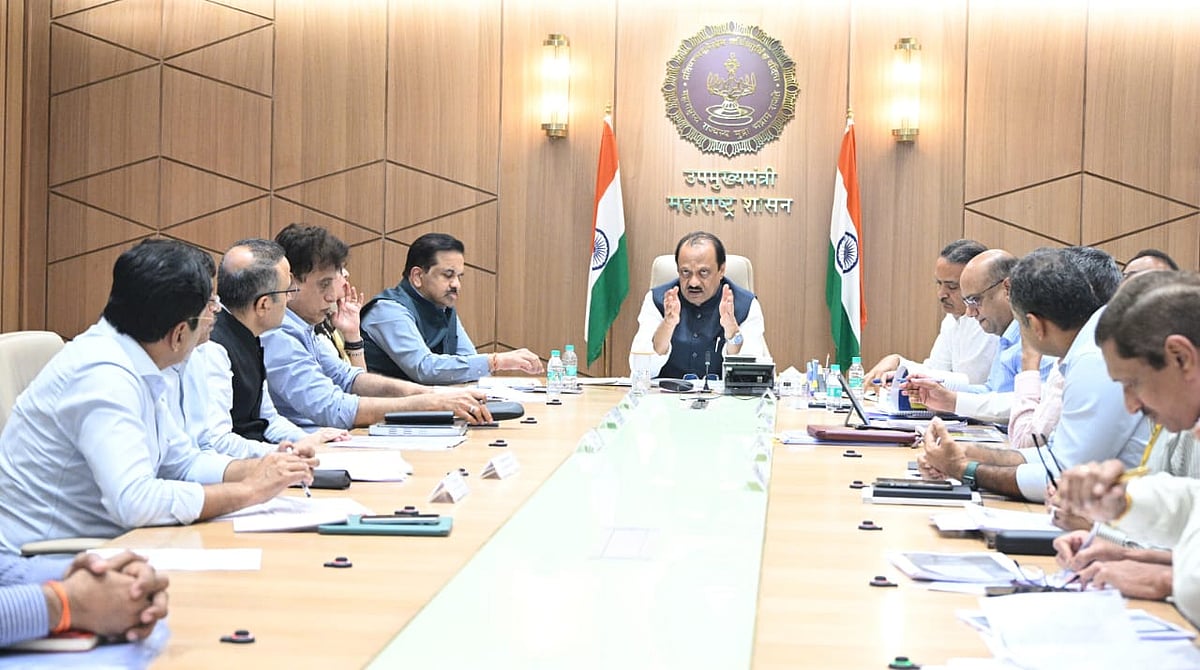Pakistan Suffers Another Defeat as Paraguay Prevails in Davis Cup Tie
Pakistan has faced yet another defeat in the Davis Cup, this time conceding to Paraguay. This marks Pakistan’s fourth loss since 2023, yet there appears to be no indication that the Pakistan Tennis Federation (PTF) is alarmed or taking corrective action. The repeated defeats seem no longer a concern for the PTF, which has not implemented remedial measures despite one of the simplest steps being to act on reports submitted by managers or non-playing captains after every tie. Unfortunately, this does not happen, and it seems unlikely to occur in the future.
A Closer Look at the Captain’s Report
Let us revisit the captain’s report following the Davis Cup World Group-II first-round tie between Pakistan and Barbados in September of last year. The captain addressed the then Secretary of PTF—the same official who recently accompanied the national team to Paraguay—and highlighted broader structural and developmental challenges impacting Pakistan’s Davis Cup performance.
The report documented a consistent pattern of avoidable shortcomings that contribute to Pakistan’s ongoing struggles, with the primary issue identified as an over-reliance on veteran players. It proposed specific short-term and long-term corrective actions deemed essential for the national team to remain competitive at the Davis Cup level.
A Roadmap Ignored
The captain’s report was a constructive roadmap aimed at sustainable growth, strategic planning, and generational transition in Pakistan tennis. Regrettably, the PTF management never took it seriously.
The report revealed critical factors affecting the national team’s Davis Cup performance, highlighting concerns over the lack of composure and tactical clarity exhibited by players Shoaib and Yousaf against experienced opponents. According to sources, the captain emphasized the necessity of integrating new talent, as many veteran players lacked the fitness required for demanding matches, especially doubles. Continued dependence on aging players risks stagnation and leaves the team vulnerable.
Balancing Experience with Youth
Regarding team balance, the captain suggested that while younger players must be included, this should be accompanied by better preparation and support to ensure they compete effectively rather than merely participate.
Short-term recommendations included organizing preparatory camps on surfaces similar to tie locations and increasing younger players’ participation in international ITF Futures and Challengers tournaments to enhance match sharpness.
The long-term strategy focused on gradually phasing out reliance on aging players in critical matches, grooming younger talent even at the expense of short-term results, establishing a national doubles program centered on team chemistry and specialization, and integrating modern sports science — including data analytics, injury prevention, and physical conditioning — into the core training framework.
A Repeat of Past Mistakes in Paraguay Tie
Sadly, none of these recommendations were implemented. The same errors recurred during the recent tie against Paraguay, culminating in yet another defeat.
According to media reports, Pakistan, ranked 53rd, was decisively beaten 3-1 by Paraguay, ranked 64th, on the red clay courts of Asuncion in the World Group II first-round tie. The defeat once again exposed a governance crisis within Pakistan tennis.
Aisam-ul-Haq Qureshi, 46, did not hesitate to field himself as a player without undergoing trials, a decision that proved costly for the national team. After losing a singles match on day one, the doubles match—Pakistan’s supposed lifeline—was led by veterans Aqeel Khan and Aisam-ul-Haq Qureshi, both in their forties, only to lose and concede the tie.
Concerns Over Veteran Inclusion Ignored
The national tennis community has frequently raised concerns over the inclusion of Aisam and Aqeel in Davis Cup teams due to their age, yet these warnings seem unheeded. At 46 years, Aisam is well past his prime. Moreover, as the President of the PTF, he should not be selecting himself as a player for Davis Cup ties.
In countries like India, Australia, and Spain, federation heads serve solely as administrators focused on securing funding, developing junior pathways, and appointing capable captains—not as active competing athletes. However, in Pakistan, this boundary is blurred, as the PTF’s top official took the frontline against players half his age. This dual role creates a clear conflict of interest, undermining merit-based selection and denting the federation’s credibility on the international stage.
Issues with Team Preparation
In addition to selection controversies, the team faced preparation challenges. A grand national camp was held in Islamabad, while the official pre-tie training camp took place in Turkey for four days. The Turkey camp included only Aisam, Aqeel, captain Haseeb Aslam, and the team physiotherapist.
Younger squad members—Muzammil, Huzaifa, and 15-year-old US-based Mikaeel Ali Baig—were excluded from this camp, negatively affecting their vital preparation on red clay. This selective approach left Pakistan heavily reliant on veterans while juniors remained underprepared.
On a demanding surface like clay, where readiness is crucial, Pakistan effectively entered the tie at a disadvantage. The PTF also failed to conduct national trials for junior team selection, opting instead to recycle veterans under the guise of experience.
Time for PTF to Reassess Its Priorities
It is high time the Pakistan Tennis Federation recognized that tennis federations worldwide exist to nurture talent and manage the sport — not to provide playing opportunities for officials. Genuine progress in Pakistan tennis demands embracing structural reforms, fostering young talent, and adhering to merit-based selection to reverse the current cycle of defeats and elevate the nation’s standing in international tennis.
https://www.thenews.com.pk/tns/detail/1346809-ptf-does-not-seem-alarmed-or-worried-over-davis-cup-defeats



